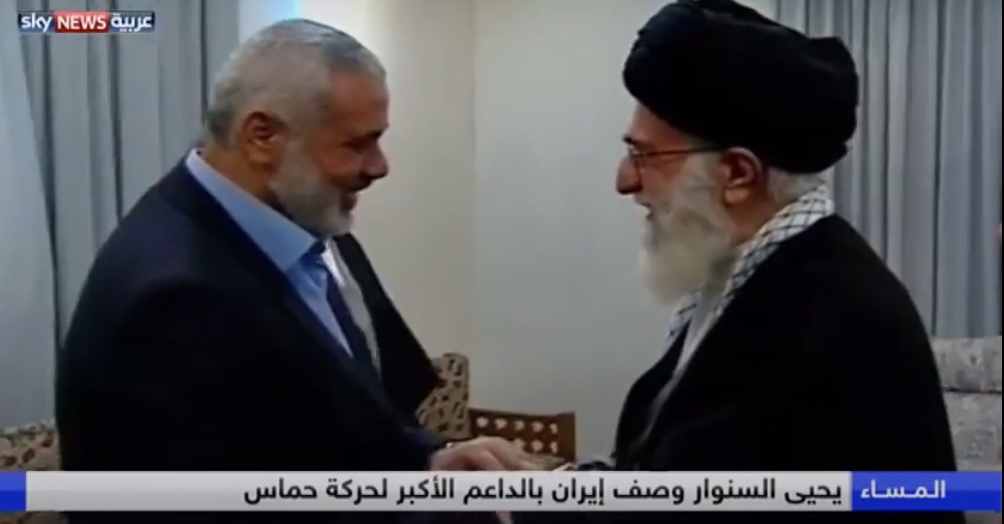Hamas vehemently denies collaborating with Iran and the Muslim Brotherhood to destabilize the Hashemite kingdom, Jordan.
Leadership figures of Hamas abroad are alarmed by Jordanian authorities’ decisive response, suggesting that King Abdullah is prepared to emulate his father, King Hussein’s actions in September 1970, should attempts be made to depose him and instigate turmoil along Jordan’s lengthy border with Israel.
Fearing a potential “Black September” scenario, where King Abdullah might crack down on Palestinians in Jordan, Hamas accuses the Jordanian government of demonizing the movement to undermine the king’s rule.
They portray demonstrations in Jordan as spontaneous acts of solidarity from Jordanians sympathetic to Hamas’ struggles in Gaza, dissociating them from Hamas and Iran.
Hamas officials assert that Iran is not an adversary but rather a strategic ally challenging the US and Israel.
King Abdullah is wary of Hamas potentially transforming the area around the Israeli Embassy in Amman into a new “Tahrir Square,” the epicenter of the Arab Spring uprisings in 2011, with coordination from the Islamic Labor Party, an offshoot of the Jordanian Muslim Brotherhood.
Feisal Elfaiz, former speaker of the Jordanian parliament, recently cautioned Hamas and the Muslim Brotherhood against meddling in Jordan’s internal affairs through protests.
Maintaining silence and exercising caution, King Abdullah, through his associates, directly accuses Hamas of undermining his rule, aiming to put the movement on the defensive.
Additionally, he attempts to alert Jordanians to Hamas’ exploitation of their sentiments for political gains.
Muhammad Def, head of Hamas’ military wing in Gaza, and Khaled Mashal, a senior Hamas official, openly urged Jordanians to protest and breach Jordan’s border with Israel to liberate the Al-Aqsa Mosque.
While Hamas leadership abroad denies Jordanian accusations, the military wing neither confirms nor denies them, seeking all possible assistance against Israel.
Opening a new front from the Jordanian border aligns with Iran’s strategy of “arena unification.”
Echoes of the past reverberate as the same forces that ignited the Arab Spring a decade ago now challenge the Jordanian monarchy, posing a threat to spread to Gulf countries, particularly Saudi Arabia.
During “International Jerusalem Day,” Khaled Meshaal delivered a speech from Tehran, broadcast on Arab channels, rallying the Arab street against Arab regimes. Hezbollah Secretary General Hassan Nasrallah also lauded Iran and the Muslim Brotherhood, advocating for “total jihad” against Israel.
The Muslim Brotherhood promotes similar initiatives through social media to incite an Arab Spring-like movement in Jordan, Kuwait, Bahrain, Morocco, and Sudan.
Years ago, King Abdullah warned of the threat posed by the “Shiite crescent,” which may now materialize following Hamas’ October 7 attack. Subsequently, he diplomatically expelled Hamas from Jordan, and the Jordanian army has fortified borders with Iraq and Syria to thwart pro-Iranian militias’ infiltration.
A notable Jordanian commentator affiliated with the Muslim Brotherhood asserts that Jordan and Gulf countries are targeting Hamas to prevent a second wave of Arab protests, akin to the 2011 Arab Spring, attributing this activity to political Islam, as witnessed in 2011.




